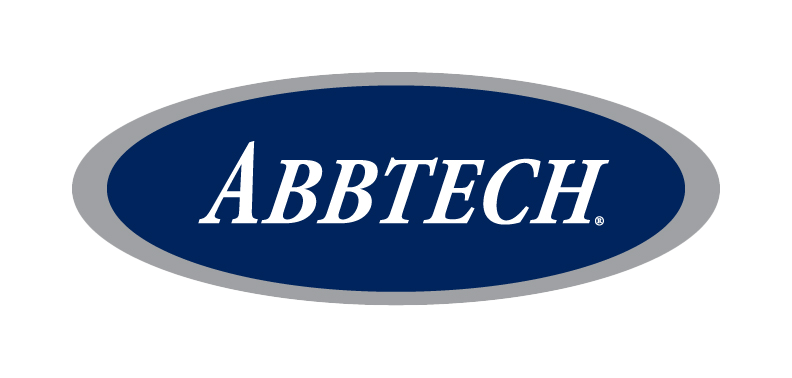Many have found themselves wondering: wouldn’t it be amazing if there was a sort of “dating app” for careers? A matchmaker that could effortlessly pair you with the job of your dreams, much like finding a perfect partner. Well, hold onto your resumes, because the concept of a career matchmaker is not only intriguing but also increasingly becoming a reality. Let’s leap into the world of career matchmaking, and see how you can swipe right on your ideal job!
The Rise of Career Matchmaking Services
The idea of career matchmaking has been around for a while but has gained significant traction in recent years thanks to advancements in technology. These services, often accessed through web platforms and mobile apps, aim to connect job seekers with potential employers in a manner that is both efficient and personalized. Like their romantic counterparts, career matchmaking apps use algorithms and data to analyze your skills, experiences, and preferences to suggest jobs that could be “the one.”
Understanding the Chemistry Between You and Your Career
Finding a career that clicks isn’t just about the paycheck or the title. It’s about the intricate dance of your values, your skills, and the workplace culture. Career matchmaking services consider various factors to ensure a harmonious relationship between you and your future employer. They look at the industry you’re passionate about, the work-life balance you desire, and the growth opportunities that are important to you. By doing so, these services can present options that resonate with your career aspirations and personality.
Swiping Right on the Job of Your Dreams
How do you ensure that you’re making the right moves to find a career match made in heaven? Here are some tips to get you swiping in the right direction:
Know Thyself: Before you start looking for matches, have a clear understanding of your strengths, weaknesses, and what you are looking for in a career.
Update Your Profile: Keep your resume and professional profiles up to date with your latest skills and experiences. This will help career matchmakers to find the best possible matches for you.
Be Open: Sometimes, the best opportunities come from unexpected places. Be open to exploring roles or industries you may not have considered before.
Engage: Active participation on these platforms can improve your visibility to potential employers. Engage with content, network with other professionals, and stay active.
Feedback is Key: Use feedback from failed matches or interviews to refine your search criteria and improve your chances of finding the perfect job.
ABBTECH’s Career Portal: Your Matchmaking Haven
If you’re eager to start the journey toward finding your career soulmate, look no further than ABBTECH’s career portal. Our innovative platform is designed to simplify the matchmaking process, using state-of-the-art technology and experienced team members to connect you with job opportunities that align with your skills and passions. Whether you’re looking for your first job or aiming to pivot to a new industry, ABBTECH is the starting point for a fulfilling career journey.
Ready to start your journey and find your perfect career match? Contact us at ABBTECH today!



















